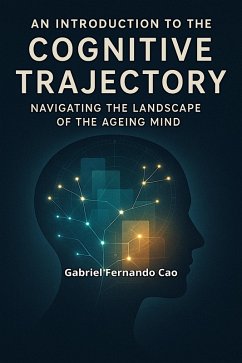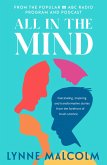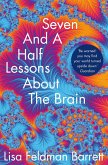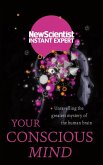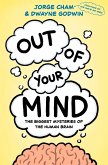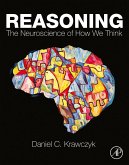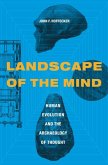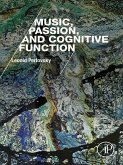The book's first goal is to provide a current view of research efforts across a broad sampling of cognitive domains, including attention, memory, language, problem-solving, and intelligence. It explores foundational concepts such as the information-processing approach, multistore models of memory, and the crucial distinction between automatic and effortful processing. Chapters delve into specific age-related changes, examining why episodic memory for newly learned information shows decline while semantic and procedural memory remain remarkably stable. The text discusses key theoretical frameworks like Feature Integration Theory to explain age effects in visual attention and the Transmission Deficit Hypothesis to account for the common experience of word-finding difficulties in later life. Similarly, it addresses the well-documented dissociation between age-sensitive fluid intelligence and age-resistant crystallised intelligence.
A second core objective is to investigate the continued plasticity of the mind in later life. The volume presents compelling evidence from cognitive training research, demonstrating that behavioural interventions can significantly improve the performance of older adults. These studies show that training effects can involve both the remediation of prior decline and the acquisition of new skill levels, with benefits that can be maintained long-term. This challenges deterministic views of ageing and highlights the latent potential, or developmental reserve capacity, that exists throughout life.
The third goal is to explore the profound influence of personal factors on cognitive function. Chapters are dedicated to metacognition, particularly metamemory, which encompasses an individual's knowledge, beliefs, and awareness of their own memory processes. Research indicates that while older adults' factual knowledge about memory and their ability to monitor ongoing memorial processes remain largely intact, their memory self-efficacytheir belief in their own capacityoften declines. This interaction between personality, belief systems, and cognitive performance is examined in depth, proposing that who we are is inextricably linked to how we think.
Ultimately, this volume serves as an essential overview, summarising the major conclusions and recurring themes in the field while providing a robust conceptual framework for understanding the trajectory of the ageing mind
Dieser Download kann aus rechtlichen Gründen nur mit Rechnungsadresse in A, B, CY, CZ, D, DK, EW, E, FIN, F, GR, H, IRL, I, LT, L, LR, M, NL, PL, P, R, S, SLO, SK ausgeliefert werden.

